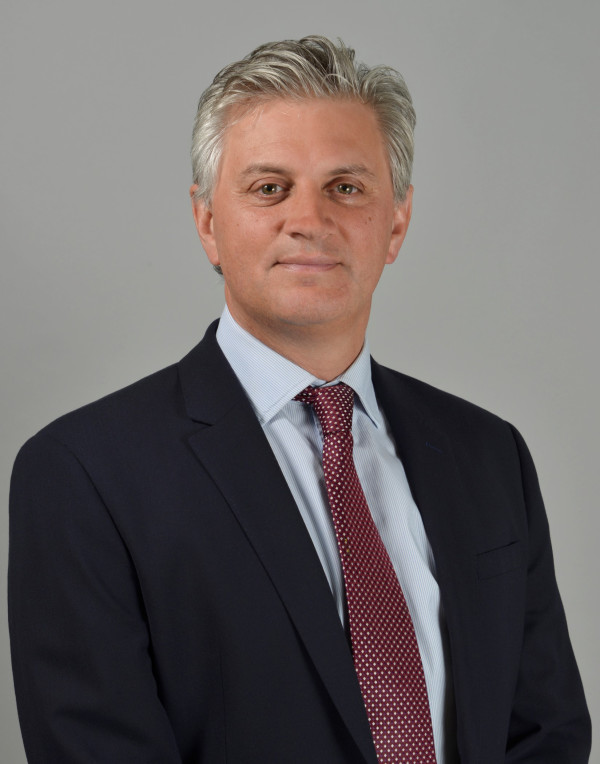

Here he will be advising clients – many of whom he expects to be individuals in conflict with their companies over regulatory challenges. A big part of his work will be derived from breaches of the Senior Managers and Certification Regime (SMCR), which came into force for banks and large investment firms in 2016 and will have wider application to financial services by the end of this year.
However, he sees no ethical dilemmas about moving from a key enforcement role at the regulator to advising clients on how best to handle the FCA. He said: “It’s 100 per cent ethical – there’s no doubt whatsoever. It’s been done by lots of people in the past and it’s something that's regarded as positive by the FCA.
“It’s regarded as good practice and it’s to be encouraged – the understanding of how the regulator works is then taken out into the industry, [allowing us] to give the right advice to clients [which] is regarded as something by the regulator as being in everybody’s interests.”
Quite often this will be senior managers who have got caught up in something potentially damaging at their firm, and they have become personally implicated so that they can no longer be represented by the same law firm as their employer.
Does this mean he will be advising miscreants on how to work the system?
Mr Symington said: “I wouldn’t put it that way. For the most part regulation and the regulatory industry are trying to achieve the same thing, which is having a regulatory system that works well and works effectively. If the system is going to work well, everyone needs to be represented by good quality legal advice that represents to the best of [the lawyer’s] ability.
“It’s all about trying to get the right outcome. The regulator has to hold other people to account; everybody gets it wrong sometimes, but at least there’s room for discussion and what is the right and fair and just outcome.”
The big pipeline of business he is expecting is from the arrival of the SMCR, a response to the financial crisis in 2008 and its aftermath, and the fact that no one seemed to be held accountable for the mistakes that crashed the economy.
He said: “One of the observations that has been made [about senior managers] is that there’s a lot of reward but not much risk – as opposed to being an entrepreneur. When you’re senior personnel in financial services you may be putting other people’s interests at risk, but not putting your own interests at risk.
“It will make the job more difficult and I think there will be more risk of holding the office of senior manager.” Certainly, he added, there will be a greater focus on the role of senior managers and there are likely to be more investigations.
For example, in the not so unusual cases of senior management blaming a single rogue trader for bringing a bank close to bankruptcy, in the past all the blame may have been pinned on the individual. Under SMCR there will be more focus on the system failures that allowed this to happen and who was responsible for those failures.
This all begs the question of why it took the financial crisis for this kind of regulatory initiative to happen, when banks and other institutions have blown up in the past.
Mr Symington said: “I think it’s a matter of public record that the FCA was saying for a long time before the financial crisis it wanted to achieve or to bring more cases against individuals for matters that have gone wrong in firms.
“But you can’t just solve that by the enforcement part of the FCA. It requires a more formal look at how the regulation is done. You have to make sure there are clear responsibilities of individuals that can be identified and standards of people to be held to account.” Lessons from previous attempts at bringing individuals to book have found that unless there are clear responsibilities then it is difficult to bring a case.
Mr Symington is a government lawyer by background, training initially as a barrister and then retraining as a solicitor. He was a legal adviser at the Foreign and Commonwealth Office before moving to the then FSA, becoming head of wholesale enforcement and then retail enforcement before his most recent post.
Other issues such as money laundering regulations may come to the fore, but again, these all lead back to the increased spotlight on senior managers.
The question many wonder about lawyers defendling clients who have been up to no good is: do they know when the client is lying? To which he replied: “It’s not a lawyer’s responsibility to make that assessment. That’s an assessment for the court to make.”
Melanie Tringham is features editor of Financial Adviser
Jamie Symington: Biography
2018 Partner - regulatory and white collar crime lawyer, Brown Rudnick
2015 - 2018 Director of investigations for wholesale conduct and unauthorised business, FCA
2013 - 2015 Head of retail enforcement, FCA
2008 - 2013 Head of wholesale enforcement, FSA
1999 - 2007 Associate, FSA



